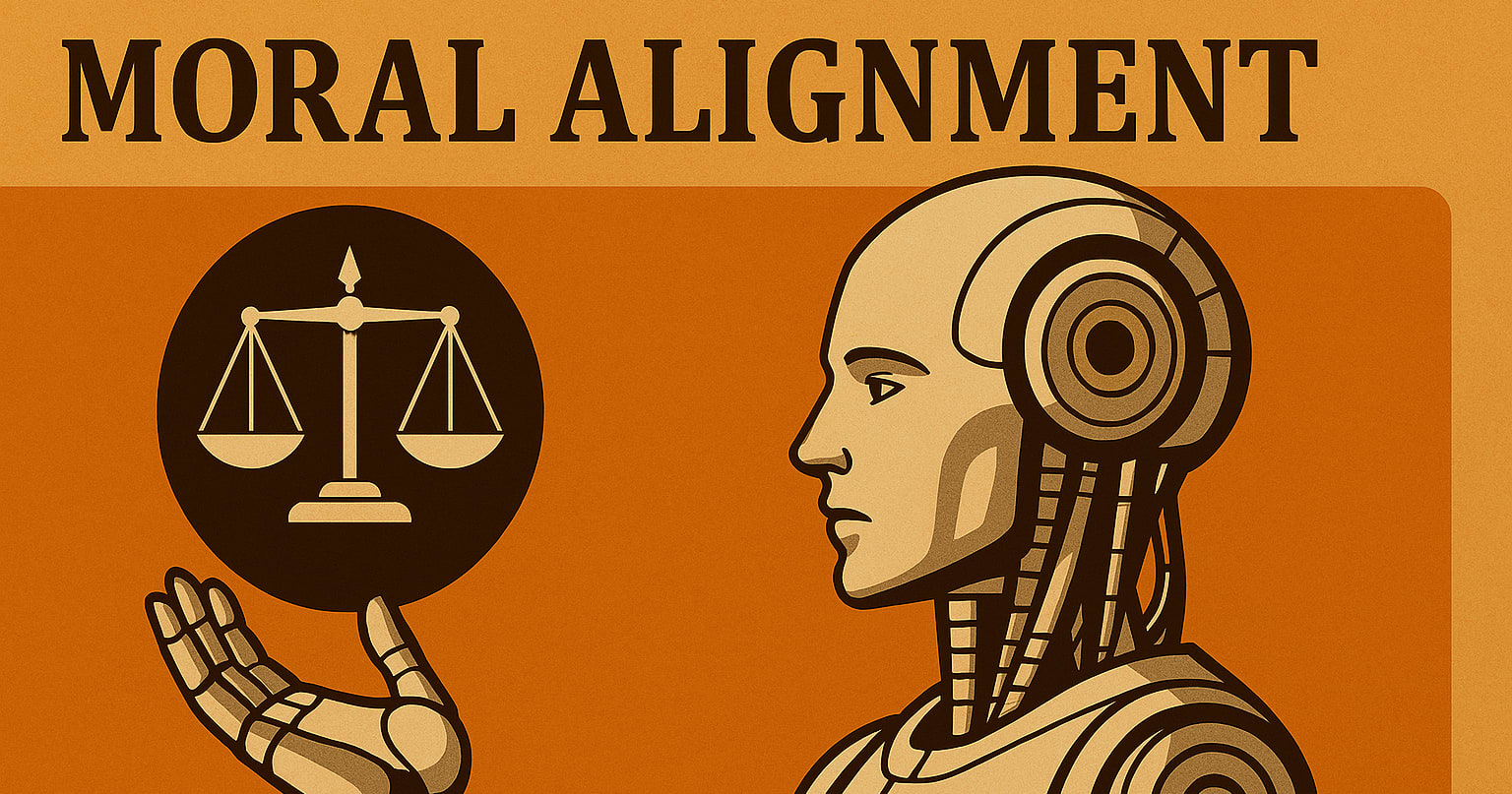UPDATE: The phrasing of this post has caused some confusion. I would like to say that I am not at all confident as to whether the people in question have written up their object-level arguments before, and do not mean to imply either that they have or that they haven't. All I'm saying is, in my examination of their work, I have yet to find them. By offering this bounty, I do not mean to devalue the time of anyone by insisting on a new, extensive response; linking to a pre-existing object-level argument, as Torres did, would be more than sufficient. I'm mostly doing this for my own sake, so that I can familiarize myself with their object-level arguments.
I am prepared to pay out anywhere between $20 and $100 to AI ethicists of the DAIR/"Stochastic Parrots" school of thought if they provide their object-level arguments against the idea that preventing AI from killing everyone is a real and important issue. This pay will depend on their notability within AI ethics, as well as the clarity and persuasiveness of their arguments.
Conditions for the bounty
- The bounty must be claimed by an AI ethicist of the DAIR/"Stochastic Parrots" school of thought. Ethicists from other schools of thought (such as the "what if self-driving cars face trolley problems" school of thought) may be given bounties on a case-by-case basis, but probably not. Any member of DAIR or coauthor of the "Stochastic Parrots" paper counts for this, but people outside of these specific circles may qualify at my discretion, if I believe that their intellectual output is similar to or connected with DAIR or the "Stochastic Parrots" coauthors.
- The arguments provided by the claimant must be posted publicly, ideally in the comment section of this thread (or in the comment section of the corresponding LessWrong thread: https://www.lesswrong.com/posts/uTRafHCcjNfbAByyo/bounty-available-ai-ethicists-what-are-your-object-level).
- The arguments provided by the claimant must be object-level. This means that they must discuss concrete subjects specific to the issues at hand. This is in contrast to meta-level arguments, which focus on facts about the question (rather than about the issues it addresses), such as difficulties involved in future prediction, the cultural milieu of contemporary AI notkilleveryoneism, the framing of my questions, etc. Note that I have nothing against meta-level arguments; it's just that I've already seen plenty of meta-level arguments by AI ethicists against AI notkilleveryoneism, and I want to see some object-level arguments.
- The arguments provided by the claimant must be a good-faith summary of the claimant's actual object-level arguments against AI notkilleveryoneism. For example, "AI notkilleveryoneism is unimportant because paperclips are shiny" will not count, even if made by a qualifying claimant, even though it is object-level. I do not expect that I will need to invoke this condition, but I may do so at my discretion.
- The following AI ethicists will be presumptively considered valid claimants, and will fall into the most notable category (meaning that I will pay each of them the maximum $100 bounty assuming they follow all the terms of the bounty, unless I notice loophole abuse):
Emily Bender
Timnit Gebru
Margaret Mitchell
Melanie Mitchell
Note that there is no requirement for the arguments to change my mind, or even to be persuasive in the slightest. The only requirements are the above ones. If someone manages to abuse a loophole to get there, I will pay them the minimum bounty of $20, and then modify the rules for all future claimants to preempt this loophole.
So far, Emile Torres has already responded to the bounty (to my understanding, they believe that AI extinction risk is real, but that the field of AI notkilleveryoneism is broken beyond repair) by recommending their book as the place where their object-level arguments have been written. I will judge this as soon as I am able to check this book out from a library near me.
Note that I may need to close this bounty if I get too many claims from it, because I have a limited budget. All the more reason to get your arguments in here soon!




As an aside, the idea that we should prioritize optics over intellectually honest exploration of the epistemic landscape is deeply harmful to effective altruism as a whole.